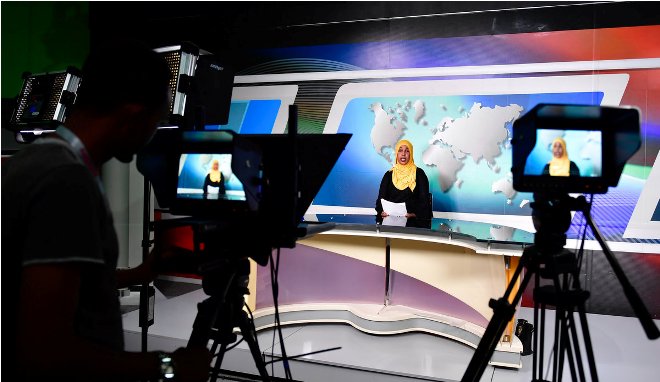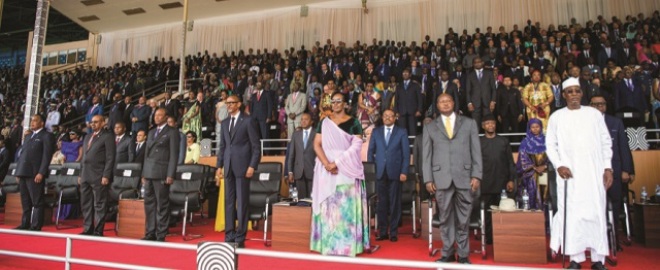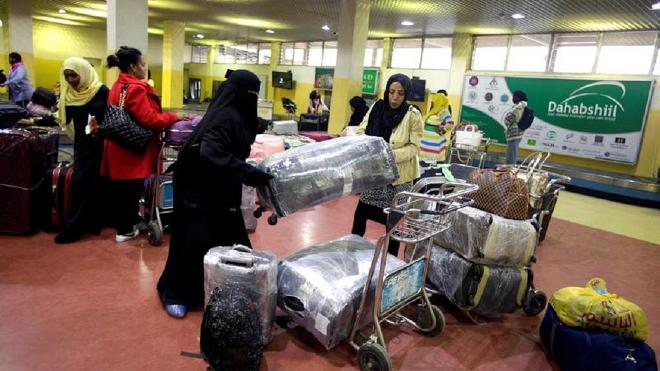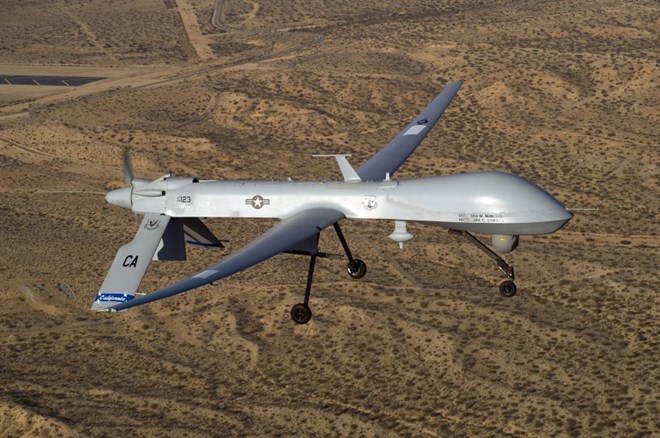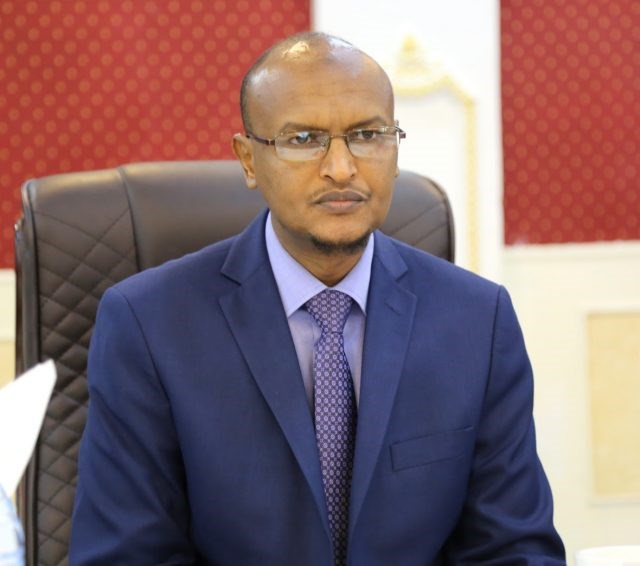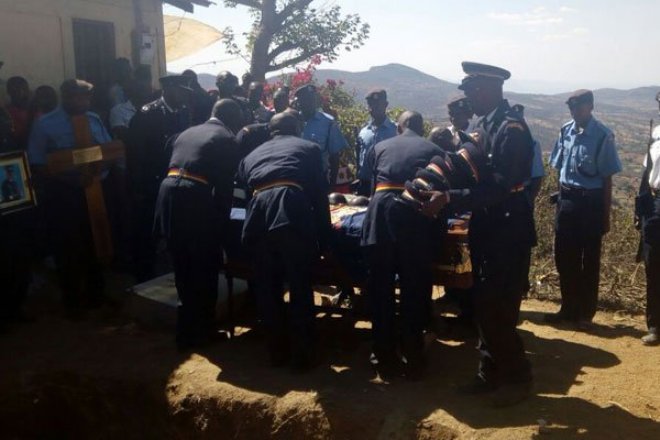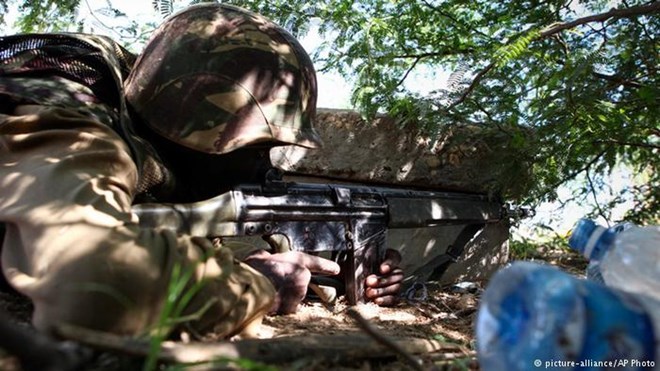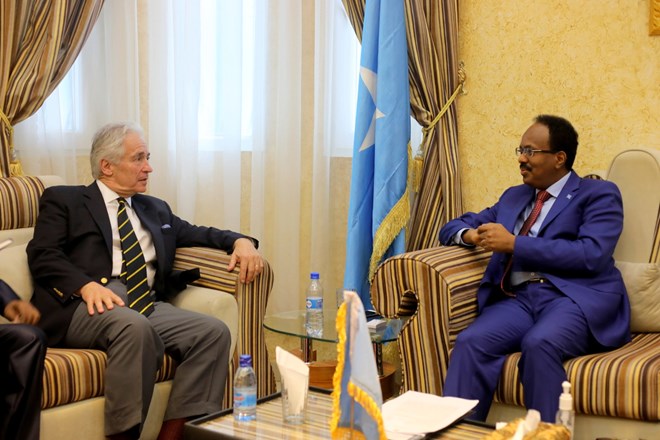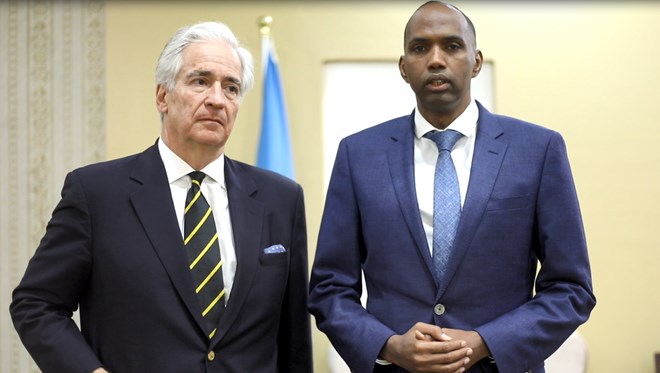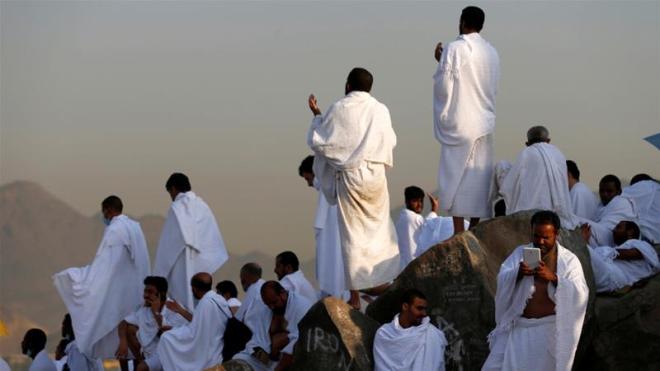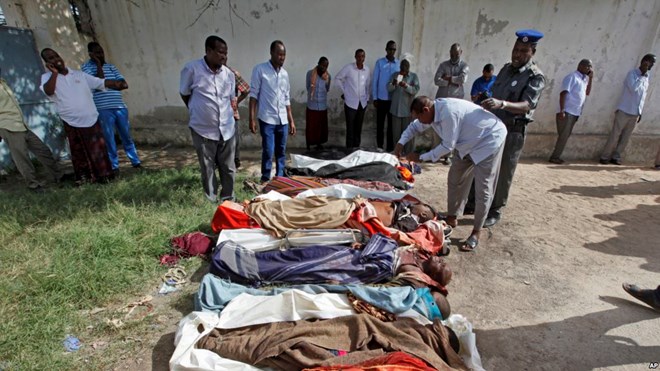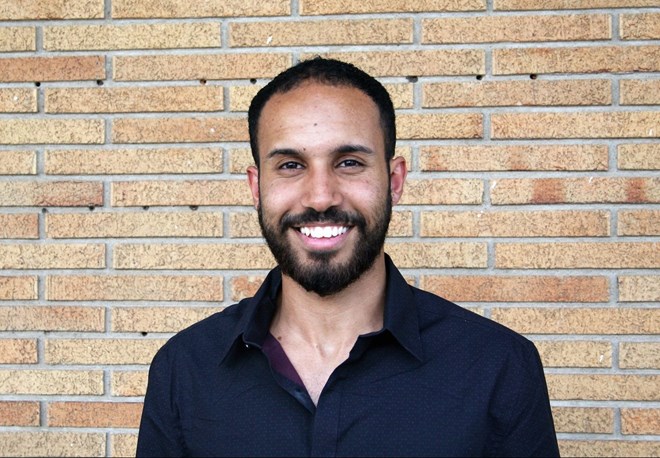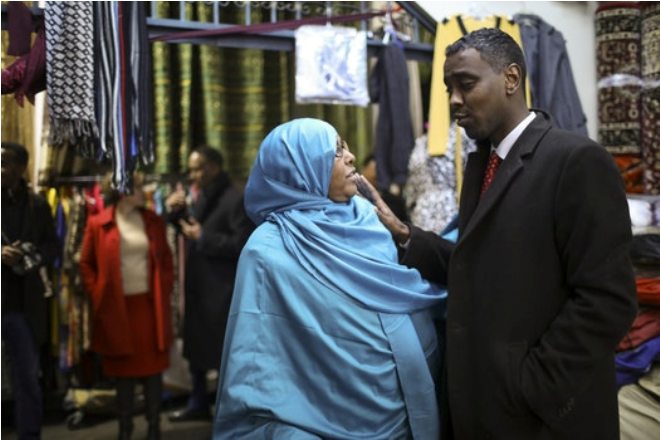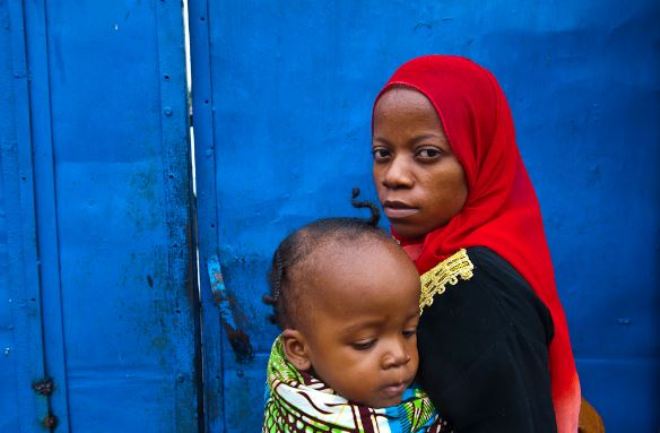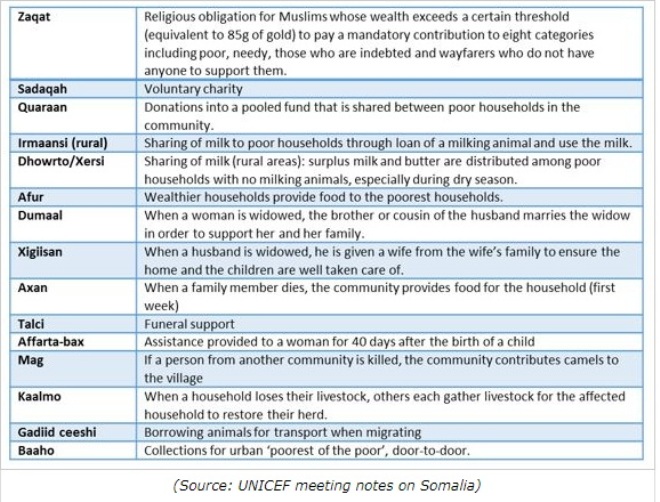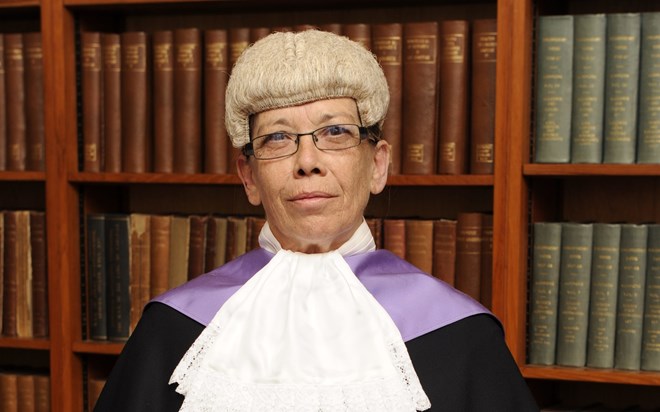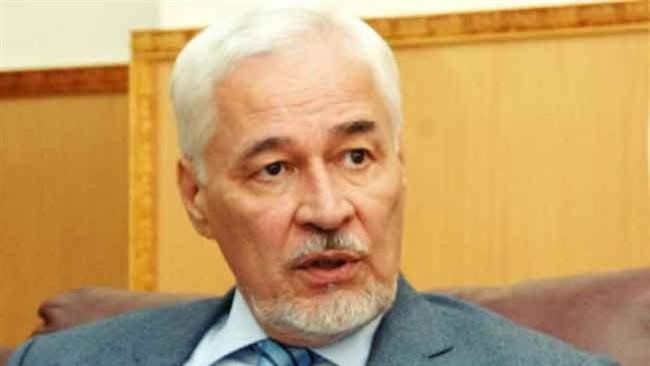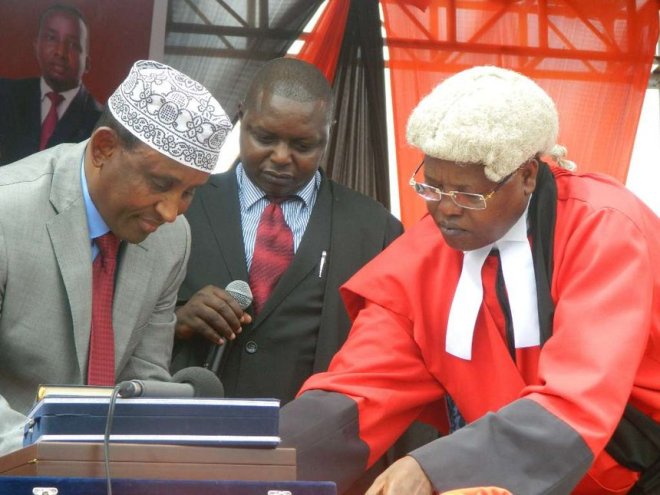Wednesday August 30, 2017
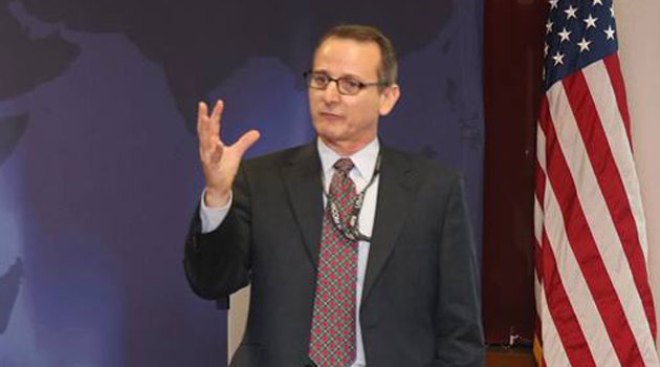

Any withdrawal from war torn Somalia by the African Mission Union in Somalia (AMISOM) must be gradual and tactical, senior security officials at the United States African Command based in Germany have advised.
The officials say the Somalia security situation remains fragile and any withdrawal could hamper negatively the major gains achieved so far in the Horn of Africa country.
The officials say the Somalia security situation remains fragile and any withdrawal could hamper negatively the major gains achieved so far in the Horn of Africa country.
“The baby (Somalia) is still young and needs company,” a senior AFRICOM security official who did not want to be identified said.
Various African countries contribute to the more than 20,000-strong force in Somalia, where they continue to engage the Al-Shabaab militia for a decade now under AMISOM.
Kenya, a key partner in the force and a victim of the Al-Shabaab insurgency has contributed soldiers but a section of political leaders have been calling for their withdrawal.
This is after tens of Kenyan soldiers were killed in several attacks inside Somalia by the terrorists who continue to pose a serious security challenge in the East African region.
Uganda may also withdraw its soldiers, a move official at AFRICOM believe may weaken the AMISOM force.
“Resurgence for Al-Shabaab is not good for the region security…” one of the senior advisors at the military camp said.
“Al-Shabaab does not want stability in the region. The pressure must continue to be piled on them.”Various African countries contribute to the more than 20,000-strong force in Somalia, where they continue to engage the Al-Shabaab militia for a decade now under AMISOM.
Kenya, a key partner in the force and a victim of the Al-Shabaab insurgency has contributed soldiers but a section of political leaders have been calling for their withdrawal.
This is after tens of Kenyan soldiers were killed in several attacks inside Somalia by the terrorists who continue to pose a serious security challenge in the East African region.
Uganda may also withdraw its soldiers, a move official at AFRICOM believe may weaken the AMISOM force.
“Resurgence for Al-Shabaab is not good for the region security…” one of the senior advisors at the military camp said.
Kenya’s President Uhuru Kenyatta recently affirmed his commitment to the continued stay of his soldiers there despite resistance from a section of Opposition leaders.
Kenya has paid the ‘price’ through wanton killings by the militia who lately been targeting security officers through ‘small’ attacks using Improvised Explosive Devices (IED).
On April 2, 2015 the militia attacked Garissa University College, an institution in Northern Kenya that boarders Somalia killing 148 students in one of the country’s worst attacks.
This was followed by a series of other attacks targeting non-locals in Northern Kenya and others part of the country, more so the capital Nairobi.
– Local solutions to African challenges –
But through concerted efforts by all players, security officials at the US African Command say “just a little bit more patience and the enemy will be defeated.”
Al-Shabaab has lost a lot of ground due to the continued ‘campaign’ by AMISOM but they say they still have the capacity to launch attacks.
“Al-Shabaab group of today is not the same with the one of 2010,” another officer, of the rank of a major said.
The group has also been weakened after factions emerged in 2015. One group supports ISIS while the other one has its allegiance to the Al-Qaeda terror group.
– US role in restoring stability in Africa –
The US Government through AFRICOM has mapped out hotspot areas in the African continent in a bid to help local authorities eliminate some of the main security challenges.
They are also working with the African Governments to empower security agencies.
In Somalia, they have committed to enhance the capacity of the Somalia National Army and that of neighbouring countries, in a bid to eliminate the threat of terror posed by Al-Shabaab.
Of the support extended to the region, it includes some modern choppers set to be given to the Ugandan army, while Kenya’s army continues to receive intensified training among other areas cooperation.
According to United States Africa Command Deputy Chief of Communication Jon Dahms, the main focus in Africa is “to neutralize Al-Shabaab threat, degrade violent extremism organizations in Sahel, Libya and the entire North Africa region, contain and degrade Boko Haram (in Nigeria and other parts of West Africa).”
He says the command helps in identification of any security challenge while the African forces are involved directly in the operations.
“This has been made possible through multi-bilateral agreements among all players,” he said.
The AFRICOM mission entails coordinating the kind of support that will enable African Governments and existing regional organizations such as the African standby force to have an enhanced capacity to provide security when needed.


